Russian president promises Belarus nuclear-capable missiles to counter 'aggressive' West
Russia's President Vladimir Putin has pledged to arm its neighbor Belarus with nuclear-capable missiles in the face of the Western military alliance of NATO's muscle-flexing in Minsk's backyard.
The promise came at a Saturday meeting between Putin and Belarus' President Alexander Lukashenko in St Petersburg, during which the latter asked Moscow to help Minsk mount a "symmetrical response" to nuclear-armed flights by NATO near Belarus borders.
"We are very concerned with the situation and with the policy our neighbors' conduct. You know, it's the Polish and Lithuanian leadership. Their policy is aimed at confrontation. You feel it too, especially in Ukraine," Lukashenko said.
He added, "As we know, most mercenaries there are from Poland. I do not understand why they need it, the confrontation. It's clear that there's someone behind their backs, pushing and so on, but it's a disgusting policy. Their behavior is aggressive. Lithuania is the same, recently there has been a lot of information regarding their intension to stop the transit from Russia to Kaliningrad through Belarus, isolate Kaliningrad."
"I am asking you to think about a symmetrical response, no more. They are training to deliver nuclear warheads, so can you please help us adjust the fighter jets that we have, Su-35, which can carry nuclear warheads?" he asked Putin.
Putin, for his part, said he saw no need at the present time for a symmetrical response, but said, "We have made a decision: within the next few months we will hand over to Belarus the Iskander-M tactical missile systems, which, as you know, can use both ballistic and cruise missiles, both in conventional and nuclear versions."
The Iskander-M's guided missiles have a range of up to 500 kilometers (300 miles).
Lukashenko first said he planned to deploy the Iskander missile systems to the south and west of the country, where its frontier meets Poland and Lithuania's borders, in November.
Putin also said Belarus' Russian-built Su-25 jets could, if necessary, be upgraded at Russian factories, without pinpointing the kind of upgrade the aircraft could receive.
The meeting came at a time of heightened tensions between Moscow and West over the former's February-present military operation in Ukraine.
Russia says the operation is aimed at “demilitarizing” the eastern Ukrainian region of Donbas. Announcing the operation, Putin said the mission was aimed at “defending people who for eight years were suffering persecution and genocide by the Kiev regime.”
Back in 2014, Donetsk and its neighbor Luhansk—which together form the Donbas region—declared themselves independent republics, refusing to recognize Ukraine’s Western-backed government. The declaration of independence was ensued by a conflict between the region’s pro-Russian forces and the Ukrainian military.
Russian military says it has full control over Severodonetsk
Also on Saturday, the Russian Defense Ministry said Russian forces had established full control over the Ukrainian cities of Severodonetsk and Borivske, which are located in Luhansk.
"As a result of successful offensive operations, units of the people's militia of the LPR (Luhansk People's Republic), with the support of Russian troops...completely liberated the cities of Severodonetsk and Borivske," Russia's Defense Ministry spokesman Igor Konashenkov said in a statement.
Ukrainian officials said earlier in the day that their troops had withdrawn from Severodonetsk after a prolonged battle with regular Russian troops and LPR fighters.
According to Konashenkov, the cities' liberation had thwarted a Ukrainian attempt to turn Severodonetsk's Azot chemical plant into a stronghold for confrontation against the Russian military and its allies.
Ukrainian officials called its retreat from the city a "tactical withdrawal" to fight from higher ground in Lysychansk on the opposite bank of the Siverskyi Donets river. Pro-Russian forces say said Russian forces are now attacking Lysychansk.
The fall of Severodonetsk is seen as Russia's biggest victory since capturing the port of Mariupol last month.
Ukrainian President Volodymyr Zelenskiy said on Saturday that his country would win back all the cities it had lost to Russia, including Severodonetsk, while admitting that the war is becoming tough to handle emotionally.
"...all our cities - Severodonetsk, Donetsk, Luhansk - we'll get them all back," he said, adding, "At this stage of the war it's spiritually difficult, emotionally difficult ... we don't have a sense of how long it will last, how many more blows, losses and efforts will be
needed before we see victory is on the horizon."
VIDEO | 85% of Yemeni displaced people face daily hunger crisis
US House passes bill targeting charities and pro-Palestine groups
VIDEO | Supporting Gaza genocide
Hezbollah attacks Israeli forces after Lebanese homes blown up
World leaders, states hail ICC arrest warrants for Netanyahu, Gallant
MP: US accountable for possible Israeli 'foolishness' to attack Iraq
VIDEO | Israeli policies strangle Palestinian agriculture, economy
Iran's president offers condolences to Pakistan over terrorist attack


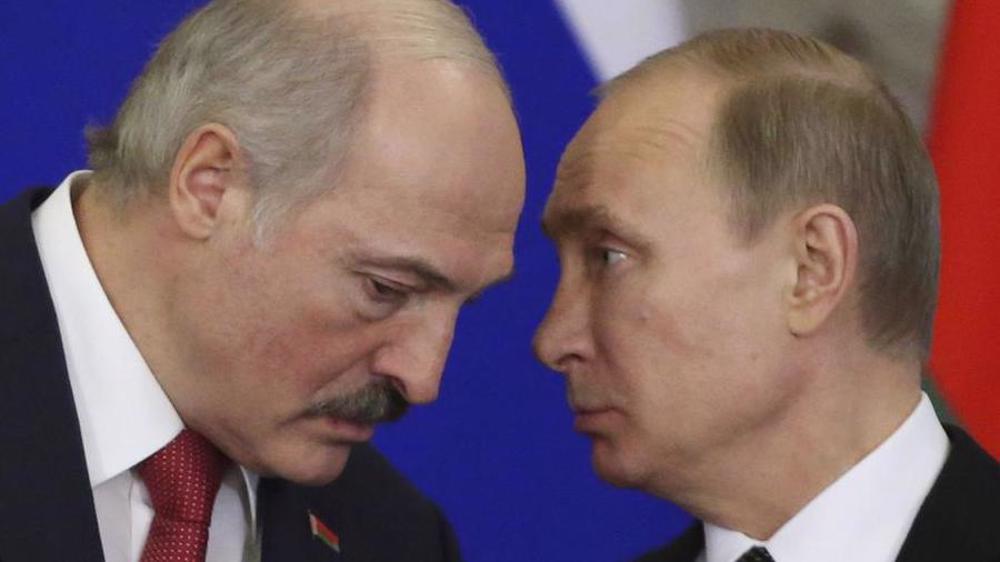
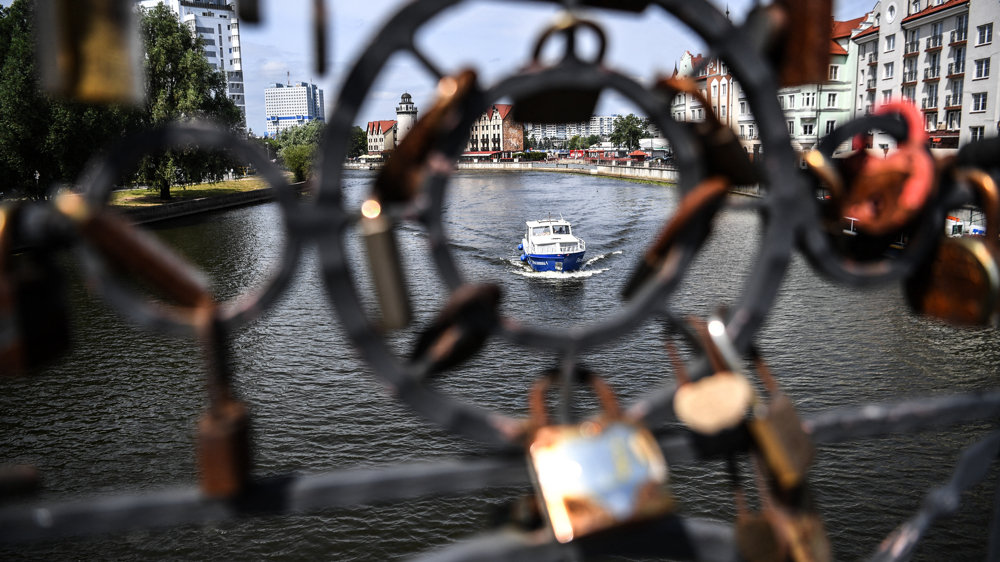
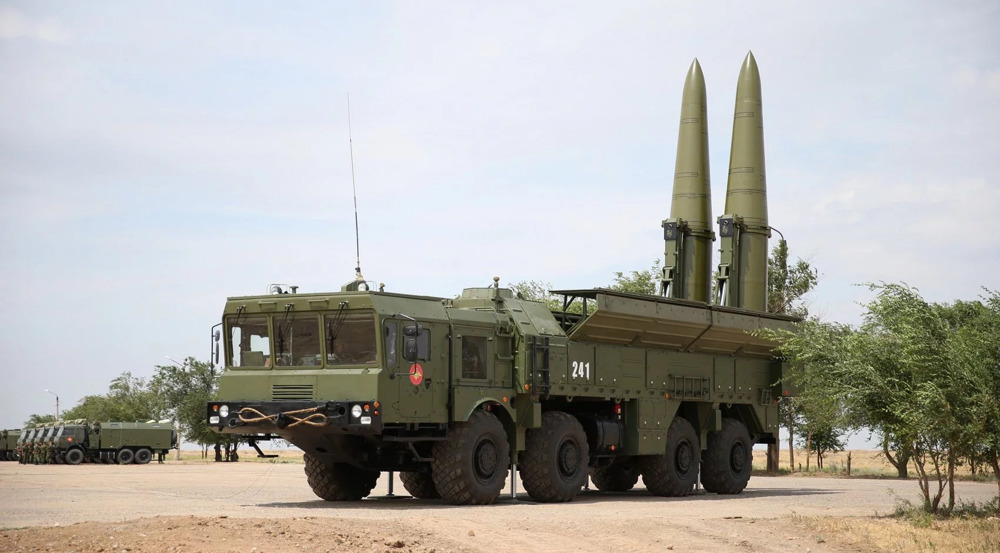
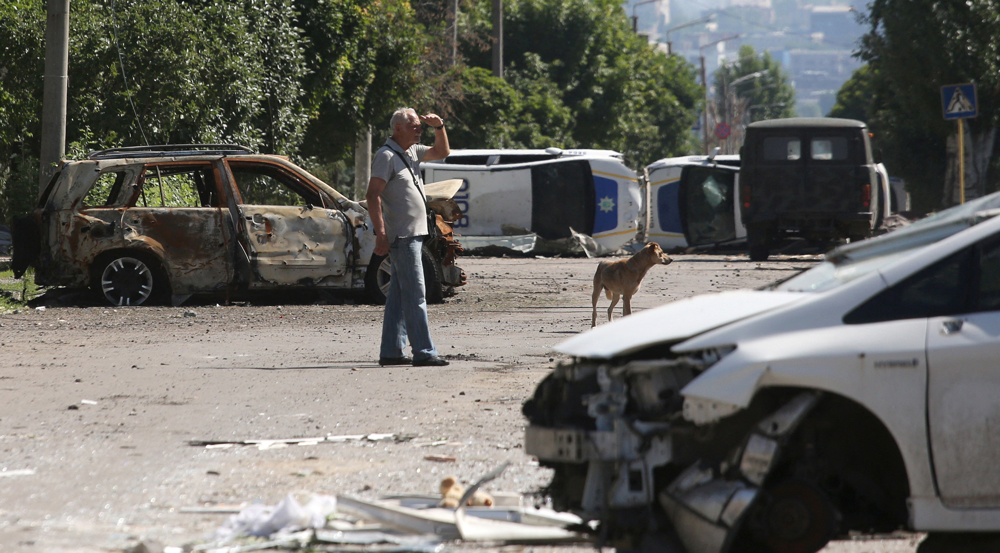
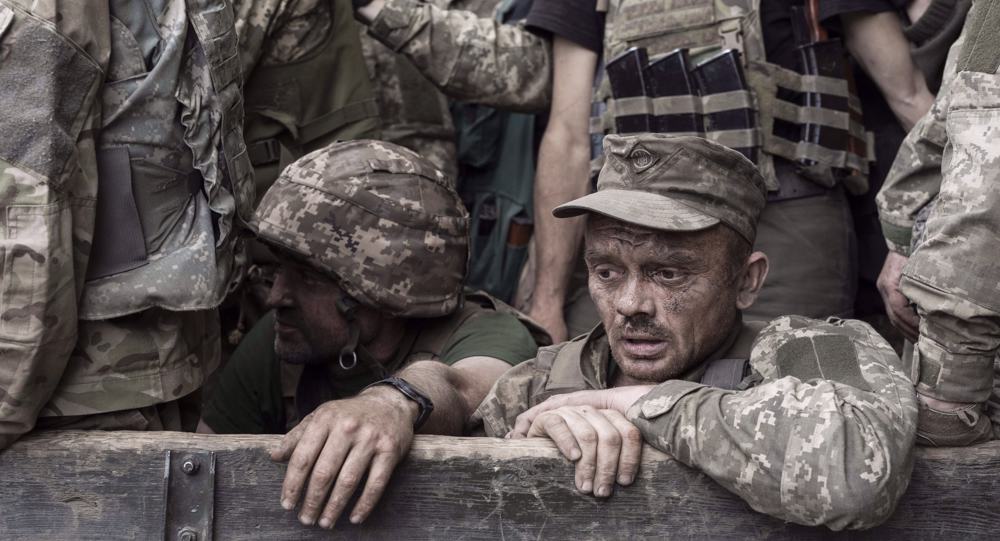
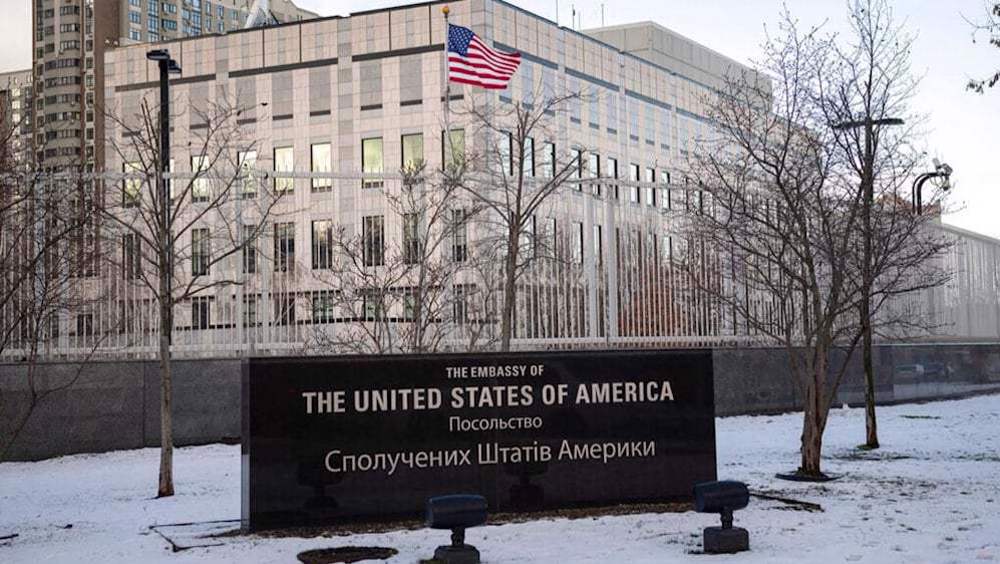
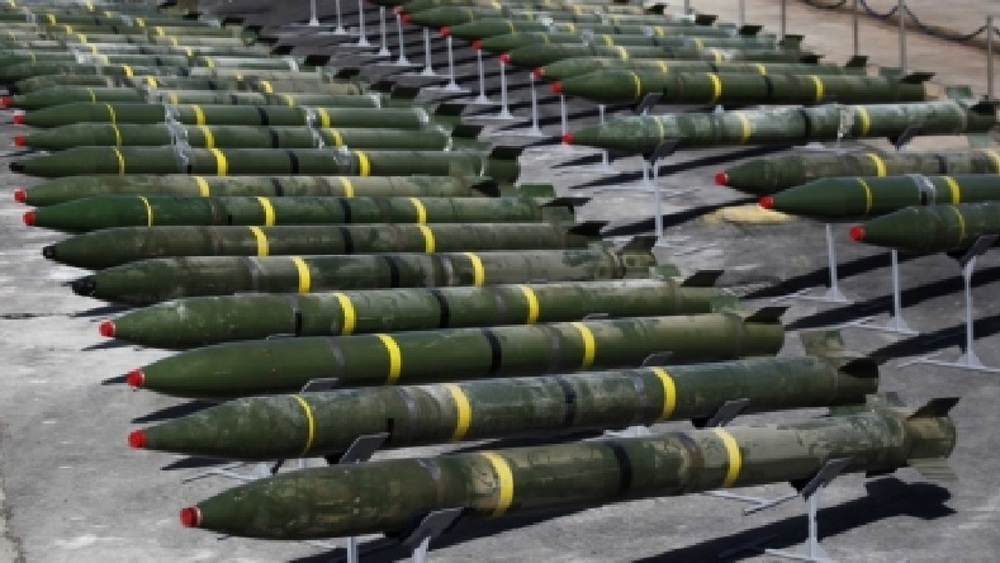
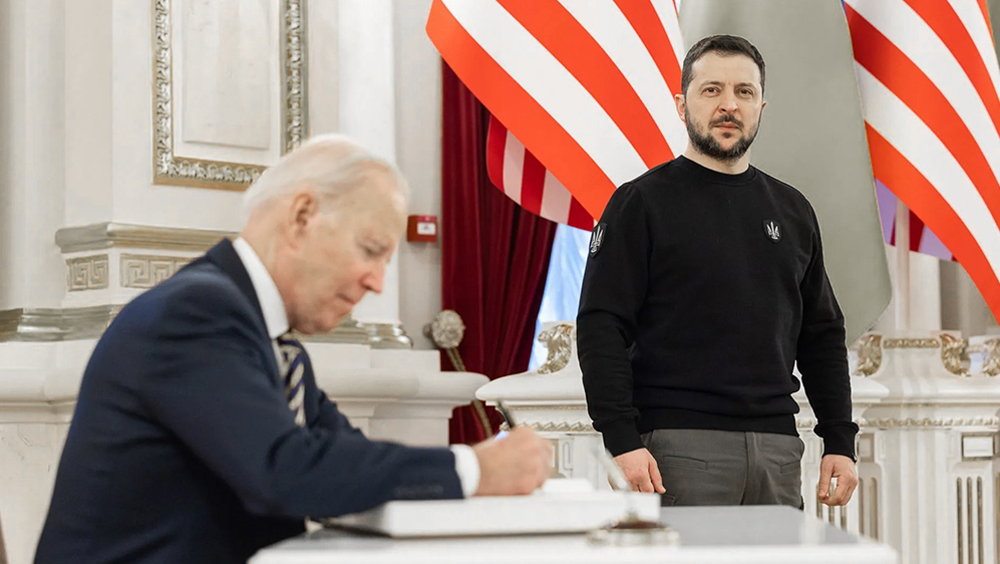



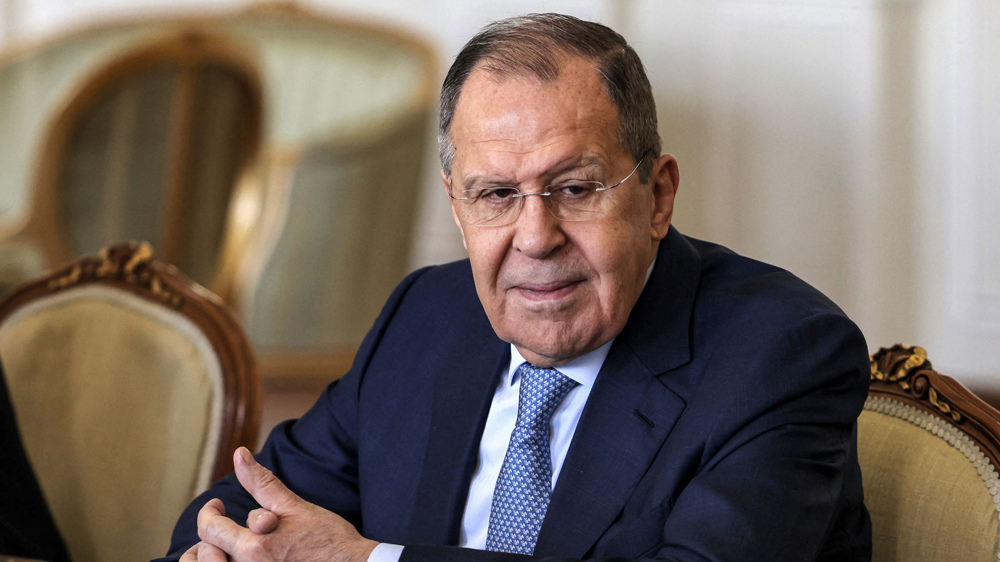
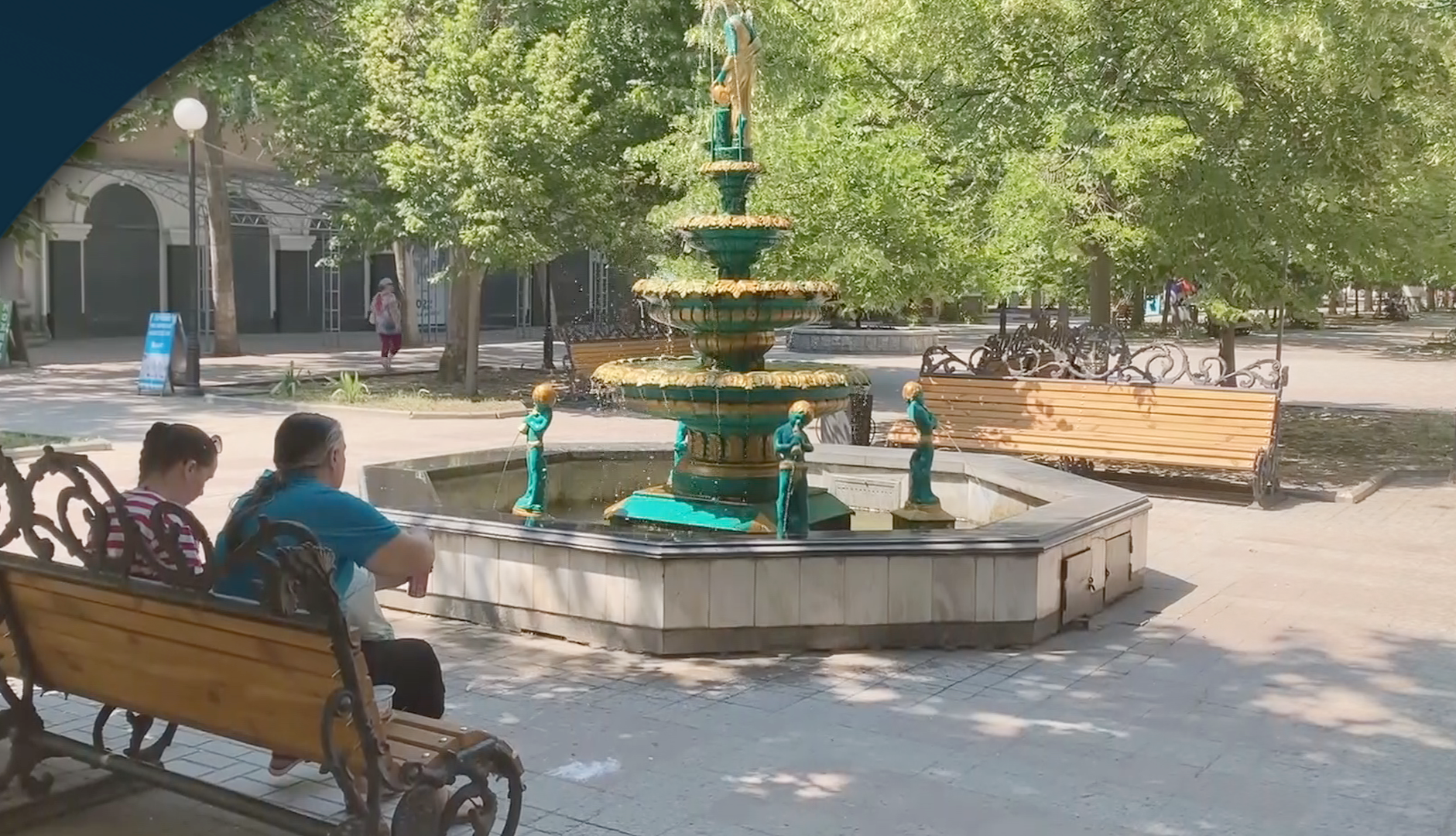
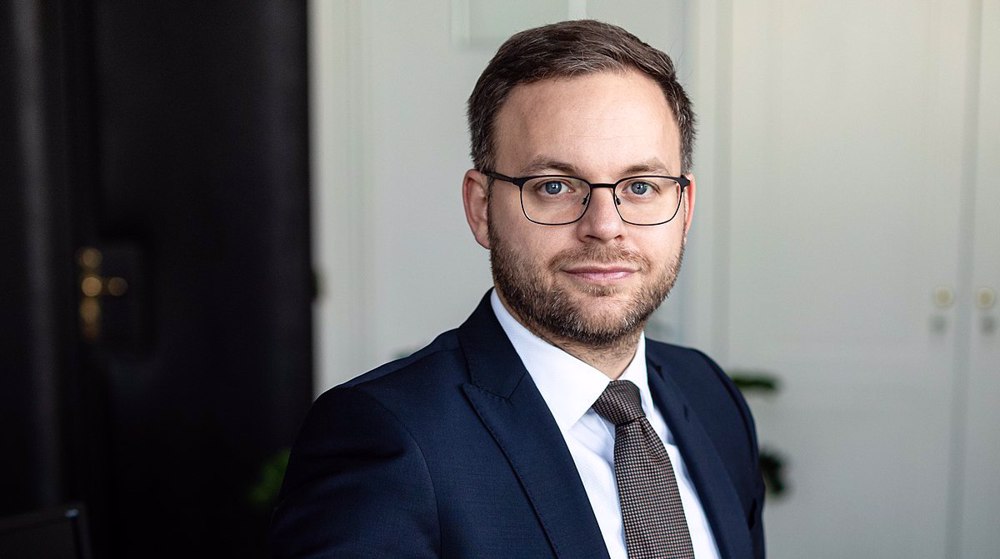

 This makes it easy to access the Press TV website
This makes it easy to access the Press TV website